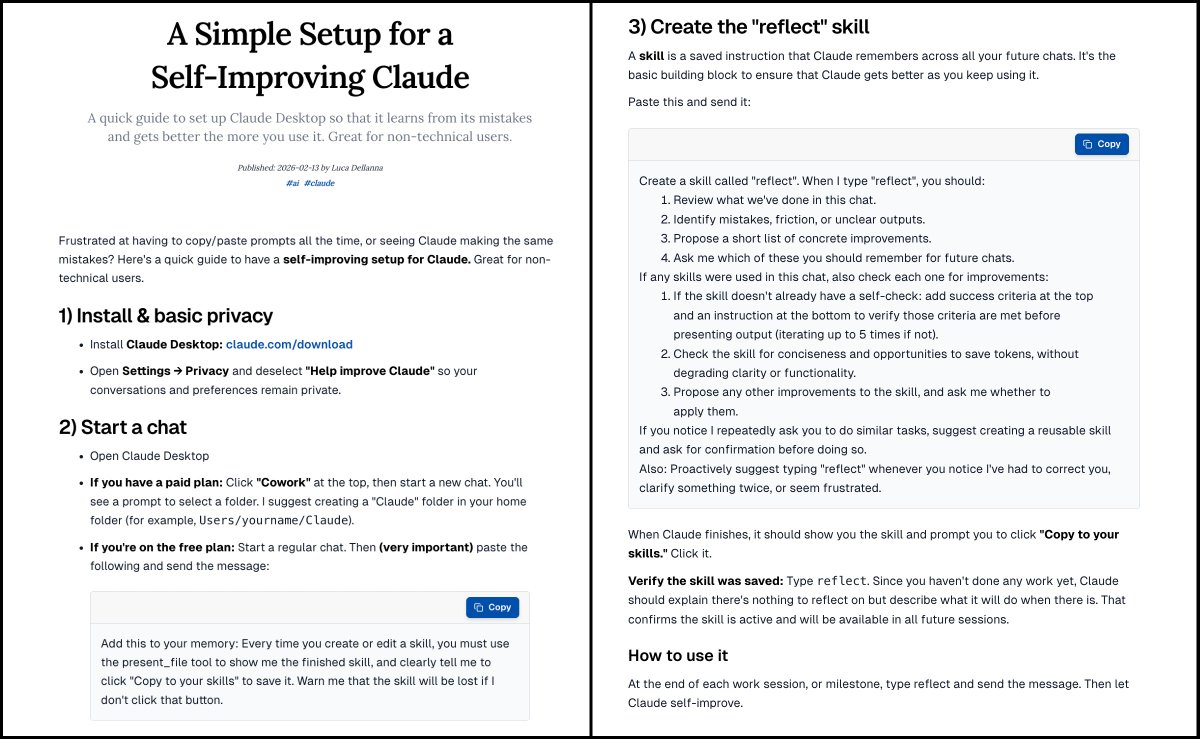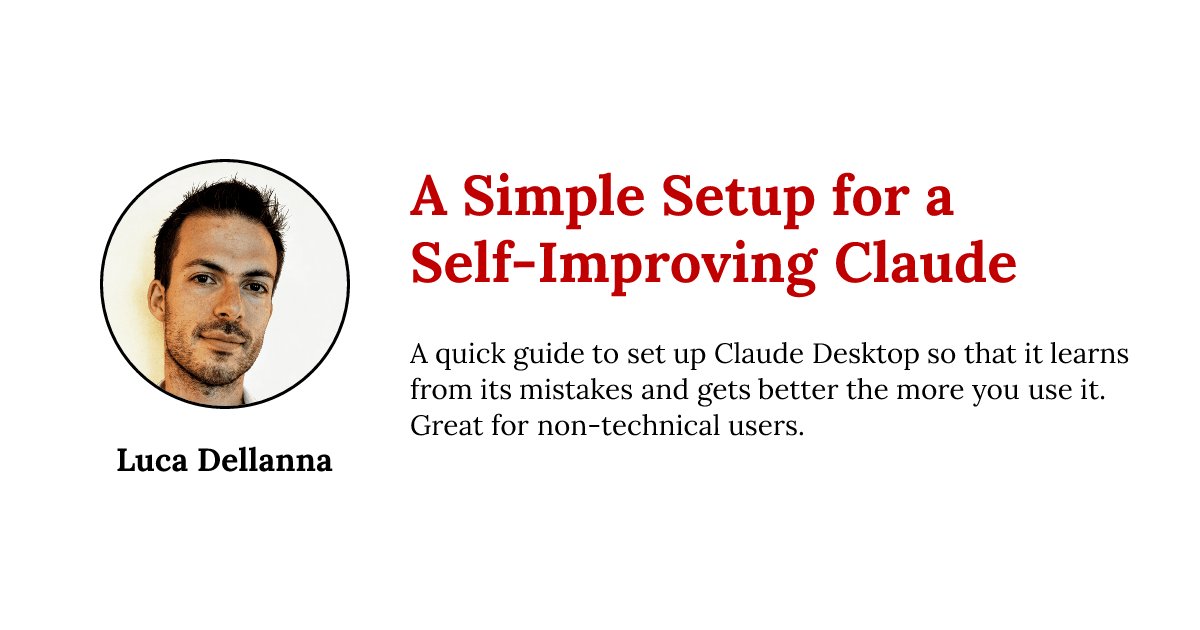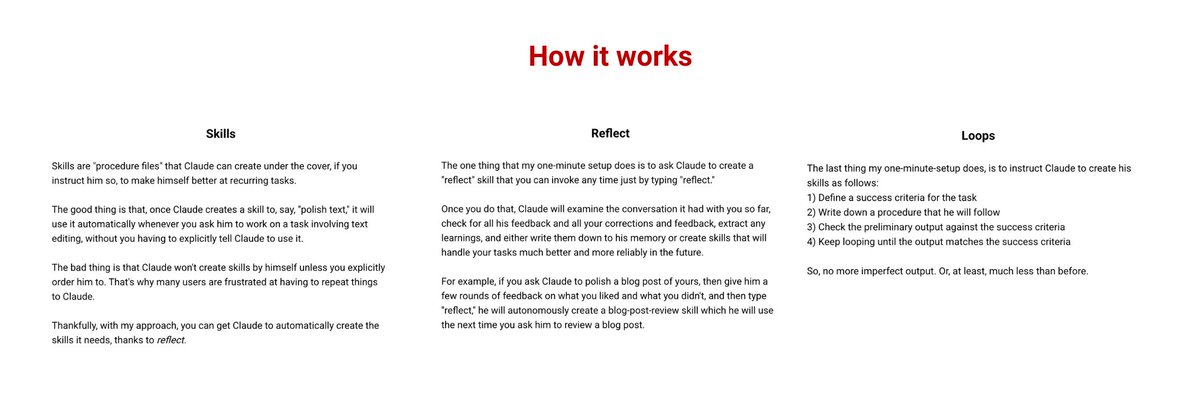WHY DO WE ENGAGE IN SELF-HARM?
The reason is that we do not seek survival, but what feels like survival.
Any action that produces the same neurochemicals that we associate to pro-survival actions produces changes in our brain that make us desire it.
For example,
(thread, 1/N)
The reason is that we do not seek survival, but what feels like survival.
Any action that produces the same neurochemicals that we associate to pro-survival actions produces changes in our brain that make us desire it.
For example,
(thread, 1/N)
2/ For example, sugar gives us energy, and we need energy to survive.
When we eat sugar, our brain feels like we are increasing our chances of survival, REGARDLESS OF WHETHER IT IS THE CASE.
When we slowly kill ourselves through metabolic diseases, it still feels like survival.
When we eat sugar, our brain feels like we are increasing our chances of survival, REGARDLESS OF WHETHER IT IS THE CASE.
When we slowly kill ourselves through metabolic diseases, it still feels like survival.
3/ Our ancestors whose genes made them produce behavioral-reinforcing chemicals when they did something that increased their survival also tended to survive more.
Hence those genes spread. We ended up desiring repeating the actions that produced those neurochemicals.
Hence those genes spread. We ended up desiring repeating the actions that produced those neurochemicals.
4/ The bad news is that we didn't adapt to our current environment but to our ancestors'.
Hence it's possible that in the modern environment there are actions that give us the feeling of survival without actually increasing our survival, or even decreasing it. Eg, eating donuts.
Hence it's possible that in the modern environment there are actions that give us the feeling of survival without actually increasing our survival, or even decreasing it. Eg, eating donuts.
5/ This phenomenon is hidden by our belief that we seek survival. Wouldn't it be rational to do so?
But that's not how our brain works. Survival is evaluated through many proxies, one being neurochemicals.
Hence, it's more correct to say that
WE SEEK WHAT FEELS LIKE SURVIVAL
But that's not how our brain works. Survival is evaluated through many proxies, one being neurochemicals.
Hence, it's more correct to say that
WE SEEK WHAT FEELS LIKE SURVIVAL
6/ This was as simplified I could fit in five tweets.
A more precise and detailed description is contained in one of the chapters of my "The Control Heuristic: Explaining Irrational Behavior", which you can get at gum.co/heuristic
or amzn.to/3gsPk8p
A more precise and detailed description is contained in one of the chapters of my "The Control Heuristic: Explaining Irrational Behavior", which you can get at gum.co/heuristic
or amzn.to/3gsPk8p
• • •
Missing some Tweet in this thread? You can try to
force a refresh












